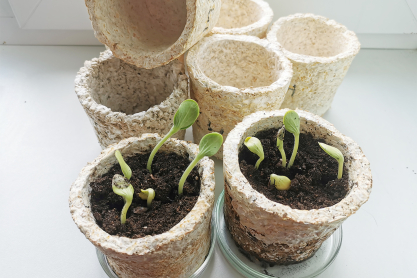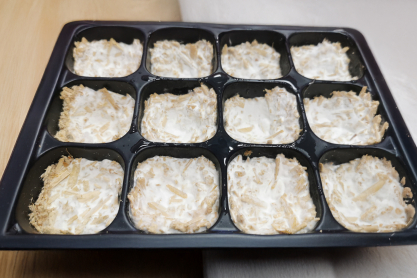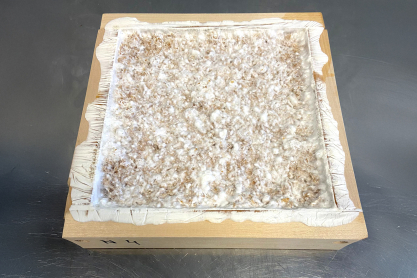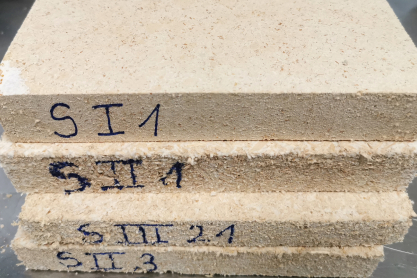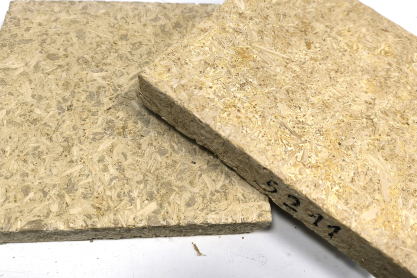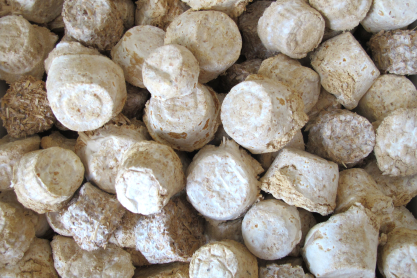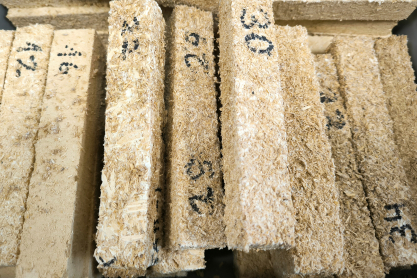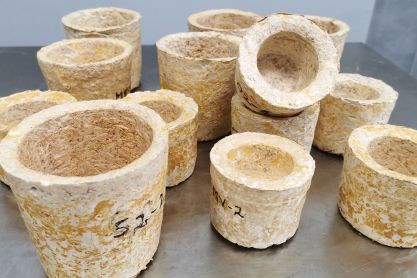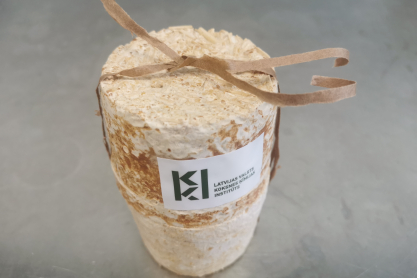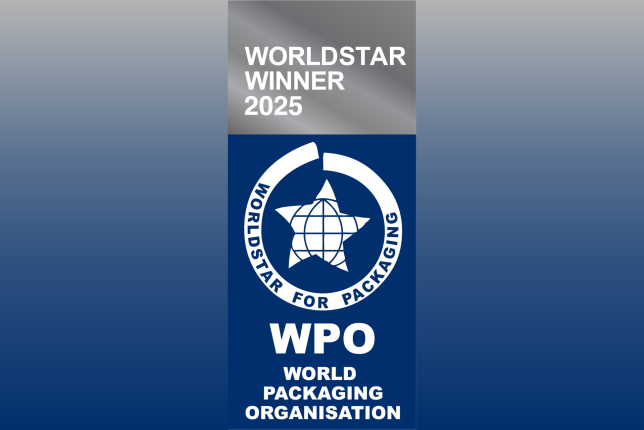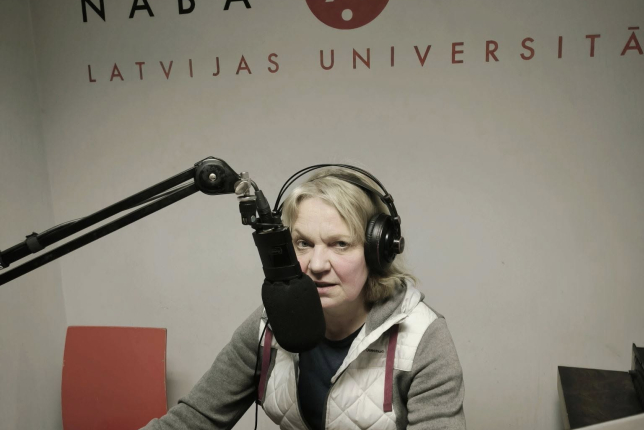Innovating with Nature: Advancing Sustainable Mycelium Biocomposites
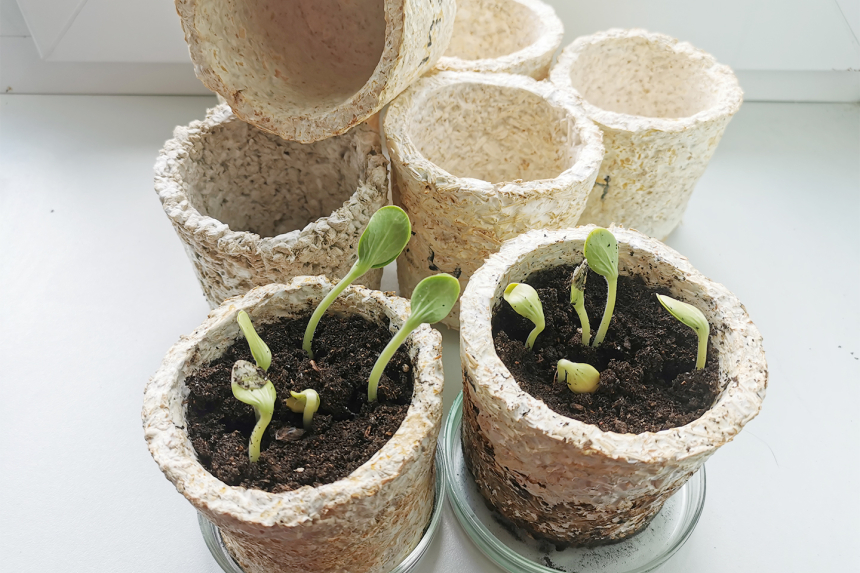
We’re excited to share progress from our original project developing innovative mycelium biocomposites (MB) using fungal hyphae and plant residual biomass. Our goal is to create sustainable materials with enhanced physicomechanical and metal sorption properties, offering eco-friendly alternatives for construction, packaging, and environmental remediation.
Project Highlights:
- Material Development: We’ve successfully created MB samples from wheat straw and birch sanding dust substrates, utilizing the fungus Trametes versicolor. These composites are further enhanced with natural additives like chitosan to improve strength and functionality.
- Property Evaluation: Comprehensive analyses, including FTIR spectroscopy, CHNS elemental analysis, and scanning electron microscopy (SEM), have been conducted to assess the structural and chemical properties of the MBs.
- Performance Testing: Mechanical tests reveal that chitosan-enhanced MBs exhibit improved bending strength and hydrophobicity, making them suitable for building insulation and packaging applications.
- Environmental Impact: The production process is low-energy and carbon-neutral, aligning with global efforts to reduce greenhouse gas emissions and combat climate change.
Expert Insight:
Dr. biol. Ilze Irbe, project leader and senior researcher at the Latvian State Institute of Wood Chemistry, shares:
“Our research shows that mycelium-based composites are competitive with certain types of synthetic foams and commercial composite materials. Biodegradation experiments demonstrate that MBs are environmentally friendly, being fully biodegradable and compostable. The study results on the metal sorption capacity of MBs suggest a promising additional application as biosorbents for the removal of hazardous pollutants from the environment.”
Why It Matters:
Mycelium-based materials are gaining attention for their sustainability and versatility. They are biodegradable, consume little energy, and have a low carbon footprint. These properties make them promising candidates for replacing conventional materials in various industries.
About the project manager Dr.biol. Ilze Irbe:
Dr. biol. Ilze Irbe is a leading researcher at the Latvian State Institute of Wood Chemistry, specializing in sustainable materials and wood science. Her expertise encompasses the development of mycelium-based biocomposites, biopolymers derived from natural fibers, and the study of microbial degradation of lignocellulose. Dr. Irbe also focuses on the microscopy of wood structures and microorganisms, fungal diversity in wooden constructions, and the biodegradation and conservation of cultural heritage.
Her contributions to the field have been recognized with prestigious awards:
- Grand Prix in the national competition “Best Packaging in Latvia 2023” for innovative mycelium composite packaging pellets.
- WorldStar for Packaging Award (2025) by the World Packaging Organization, honoring her development of sustainable mycelium-based packaging solutions.
Learn more about our project and its impact: Innovative Mycelium Biocomposites Project

